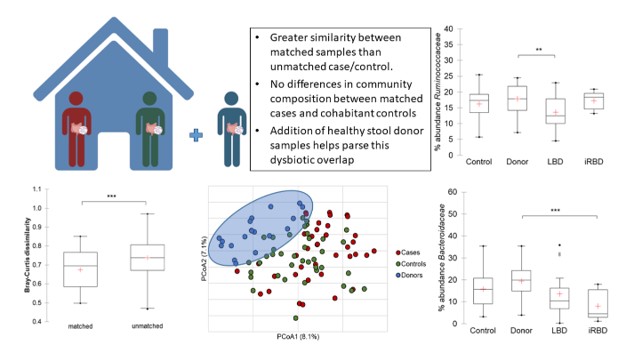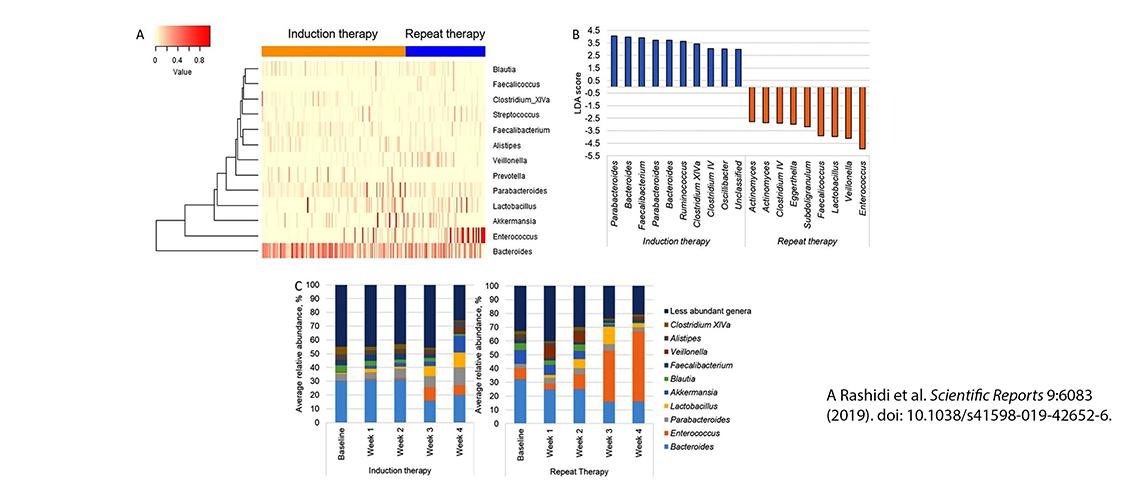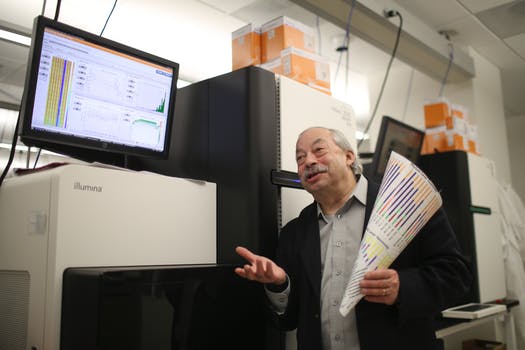Interview with Drs. Vaugn and Staley in Physicians Weekly.

Exploring the Relationship Between Lewy Body Disease and the Intestinal Microbiome
Lewy Body Disease (LBD) is the second most common neurodegenerative disorder after Alzheimer's disease. Pathologically, LBD is characterized by immunopositive α-synuclein aggregations in the form of Lewy bodies. Given this context, improving our understanding of what triggers α-synuclein aggregation, and promotes disease progression, is crucial. Gastrointestinal concerns (e.g. constipation) are an independent early clinical pre-motor/cognitive dysfunction feature of LBD, which places the gut and thus microbiome at the center of Lewy body research.

Brookings photographer fighting childhood hunger
Hossam's Portraits for a Purpose project is generating thousands of dollars for "Feed the Children" this summer. See his interview here and the Minnesota Daily article.

Fighting Side Effects in Treatment for Acute Leukemia
Patients with acute leukemia (AL) undergoing intensive chemotherapy treatment are also treated with multiple antibiotics. This results in the patient’s gut microbiome being severely affected, which results in unpleasant and possibly dangerous side effects. We studied the microbiomes of AL patients undergoing initial and repeat therapy, with a goal of determining how the initial therapy might influence dysbiosis in subsequent chemotherapy courses.

Minnesota researchers help unlock 'gut science' cures
The Twin Cities area is emerging as a major player in what could become a multibillion dollar industry.